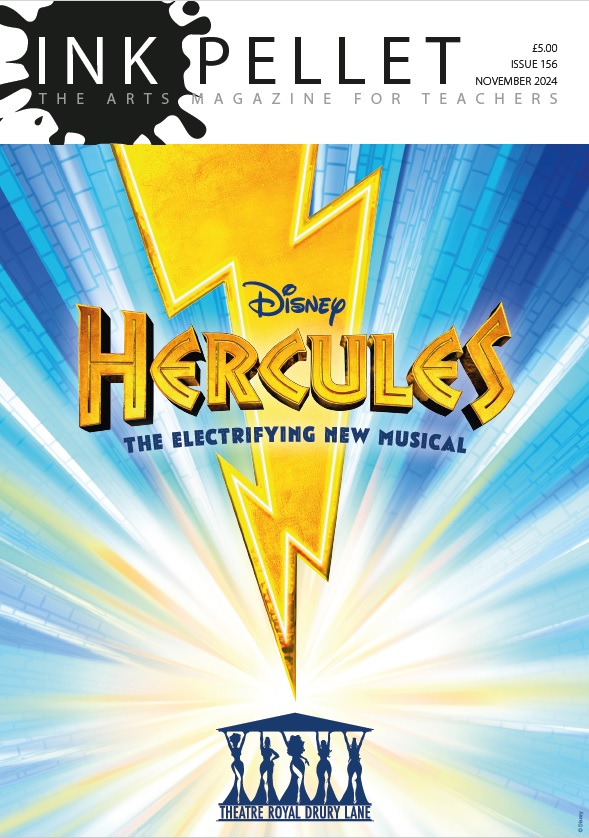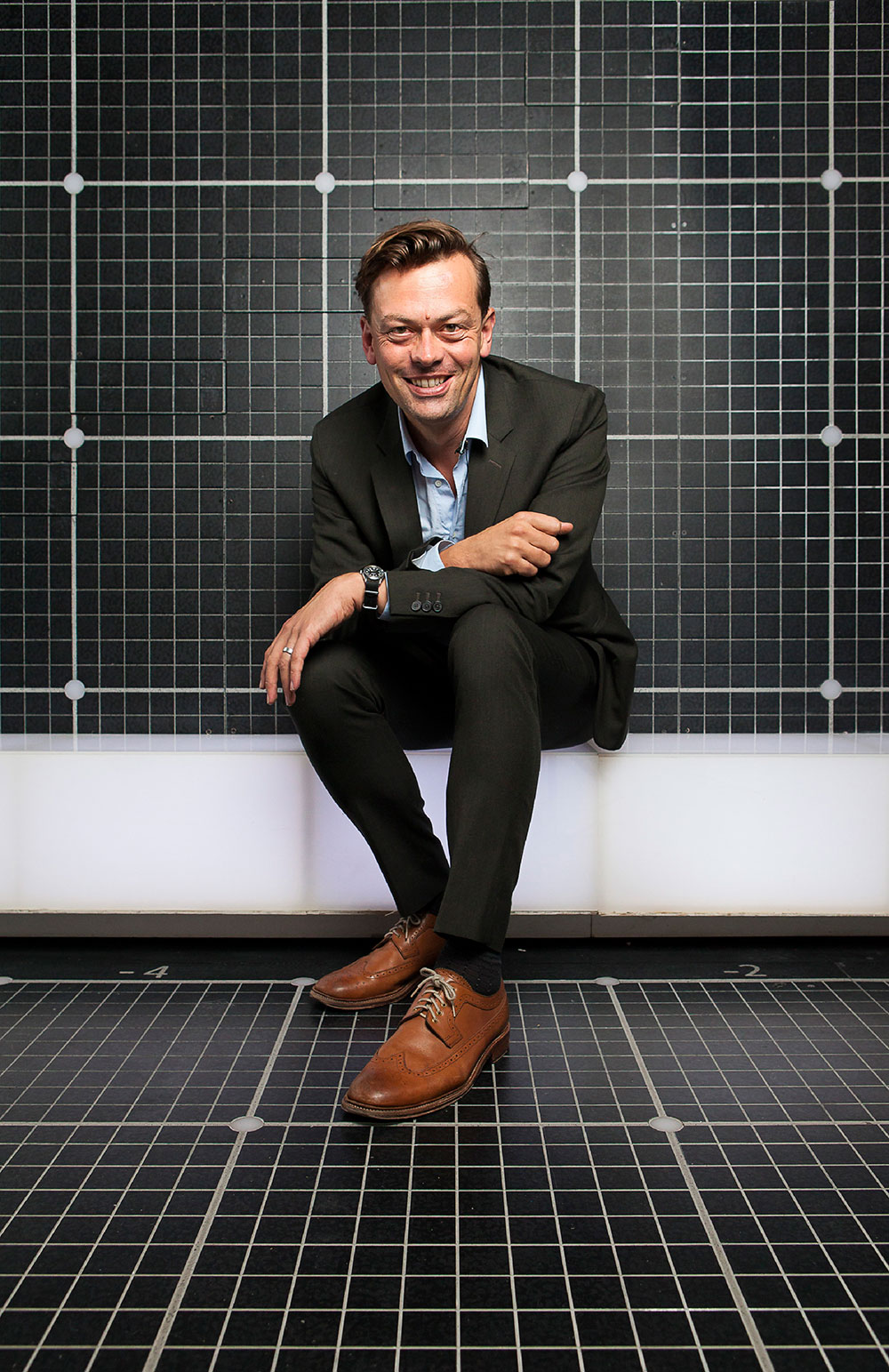Simon Stephens is one of Britain’s best known playwrights. The National Theatre production of his adaptation of Mark Haddon’s novel The Curious Incident of The Dog in the Night-Time has been seen live by over a million people. His play Herons ran at Lyric, Hammersmith last year. Simon’s version of Kurt Weill’s The Threepenny Opera opens at The National Theatre in May. He lives in East London with his wife and three children.
When did you start writing? I’ve always written but I went to the sort of school – in Stockport near Manchester where I was born in 1971 – where it was best to keep quiet if you were into books and writing. You were in danger of getting thumped if you didn’t. I thought I’d write songs but none of it was encouraged at school and when I got to university – York to do a history degree – I realised I couldn’t sing like my singer writer heroes.
When did you write your first play? At university. I wrote two, staged them and took them to Edinburgh. I learned a huge amount. If you have an audience of four and one walks out because of boredom it tells you a lot about your play. I continued with that after university: writing and staging plays with, for example, amateur or student groups, while working, as a barman, waiter, door-to-door salesman or DJ, among other jobs to keep myself alive.
But then you needed a proper job? Yes, my future wife and I wanted to start a family. My mother and a number of other close family members were teachers so I went to the Institute of Education in London and trained as a teacher. Then came a job at Eastbrook School in Dagenham where a small group of marvellous mentors taught me about life and how to teach – and I still use the pedagogical philosophy I learned from them when I teach play writing – of which I do a lot. And incidentally you’re the first journalist who has ever shown any interest in my teaching days and the people I worked with, so it’s a real pleasure to be able to say publically what I owe them.
How did the break into play writing happen? You know how you can think you’re having the best day of your life and then something else marvellous happens? It was the day my first child was born. When I got home from the hospital there was a call from the Royal Court saying they were going to stage my play Bluebird. That was 1998 and it was the first professional production. I’d never stopped writing of course. Some of my Eastbrook students came to see it which was lovely. Then I was offered a full-time job at the Royal Court and the Head at Eastbrook very decently let me break my contract to take it. I started there on 1 January 2000, rather a good date for a fresh start.
Tell me about your writing process. That’s a very complicated question. Let’s interrogate the etymology of my profession. I’m a wright. I make plays. Writing is only a small part of that. I almost always work to commission (although I did Curious Incident as an on-spec project because Mark Haddon asked me to). First, I mull, reflect and think in search of an intuitive idea for a stage and maybe an actor – and that can take anything up to eighteen months. Then comes research which includes reading plays, novels, essays, non fiction and often going for walks with my phone and making stream of consciousness oral notes because you think differently when you’re walking. Then I make notes in A4 exercise books with rollerball pens. From that I synthesise a narrative structure with scenes about who’s going to do what and when. Then, finally, I write it. It’s the process which Arthur Miller called “bringing the birds home to roost”.
You’ve been very successful. What do you feel about that? Success is a tricky thing. It’s thrilling to be at the Tony Awards Radio City and winning but the starting point for Curious Incident – which, by the way, neither director and close friend Marianne Elliot or NT director Nick Hytner liked initially – was never aspiring to success. It was fidelity to Mark’s story. Success is only a happy consequence. And you have to hang on tightly to that because success is addictive. You don’t want to find yourself writing in order to try and win an award.
You do a lot of school visits don’t you? I do. I’m politically committed to getting into schools as often as I can. I want young people to realise that writing for a living is a realistic possibility. I meet many young people who’ve never met an author before and certainly not a playwright. I don’t charge and I cover the train fare myself. I’ll do it for a cup of tea and a Twix although, given the number of visits I’m hoping to fit in perhaps we’d better make that an apple or my waistline will soon be showing the results.
I imagine it helps you to meet young people too? Definitely. I spend a lot of time in London and New York. It gets very narrow and, if you’re not careful, you get a highly distorted view of life – a kind of poisonous paralysis. I’ve just been to a school in Hampshire and I’m going to Derby next week. Even walking from the station to the school gives you a different perspective – essential for any writer. I tell stories and that means people and their experiences. And I love meeting young people.
What are you working on now? Lots of projects which I can’t yet talk about but The Threepenny Opera is coming at the National in May with Rory Kinnear as Mac the Knife. Then there’s my play Heisenberg which transfers to Broadway in the autumn and a new piece based on thirty one Manchester New Year’s Eve photographs for Thalia Theatre Hamburg at about the same time.
You can contact Simon Stephens via Twitter @StephensSimon



